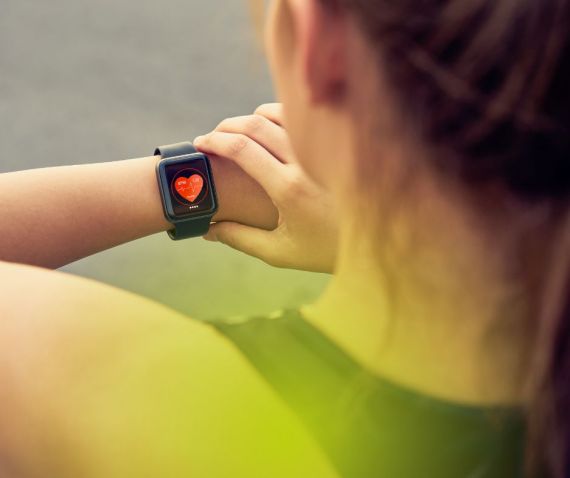Heart Health 101: The Lowdown on Resting Heart Rate
Uncovering the Importance of Understanding Your Resting Heart Rate: A Guide to Better Health
Heart rate is a crucial indicator of your overall health and fitness. Understanding and monitoring your resting heart rate can gain valuable insight into your physical wellness and identify potential health issues.
What does resting heart rate mean? Your resting heart rate is the number of beats per minute at complete rest. This is an indicator of your physical fitness, meaning the rate will decrease as your heart becomes stronger.
Normal resting heart rate- The normal resting heart rate for adults averages between 60 – 100 beats per minute. In general, a lower heart rate at rest indicates more efficient heart function and better cardiovascular fitness. Conversely, an elevated resting heart rate of 80 beats per minute or higher could imply increased cardiovascular risks or other health issues.
The average range will also differ depending on your gender and change as you age. Resting heart rates can also be affected by the medication you take.
Resting heart rates are lowered as the heart gets stronger and gets better at pumping blood around the body per heartbeat. However, if your heart muscle is weaker, it will need to pump more times per minute to pump blood around your body.
If you notice a rise in your heart rate, some causes could be unrelated to your fitness. These may include:
- Stress
- Underline medical conditions
- Sickness
- Dehydration
- Lack of sleep
Overtraining - A resting heart rate that shows more than five beats per minute more than usual may indicate your need for more rest and recovery time. It can also be a sign of overtraining. After a high-intensity workout, you may notice a difference in your heart rate for a few days. You may benefit from delaying any other exercise for a couple of days to allow your heart to return to its normal rate.
How to measure your heart rate- To get a true reading of your resting heart rate, it is important to be completely still and calm. Doing it first thing in the morning is best; any movement can affect your heart rate. If you cannot do it first thing, wait two hours after any exercise or caffeine intake. It is also a good idea to do this multiple times, a few mornings in a row, to get a baseline for your heart rate.
You can do it the old-fashioned way with a timer and a finger on your pulse, but consider using a heart rate monitor for an accurate and easy way.
In conclusion, monitoring your resting heart rate can provide valuable information about your overall health and fitness levels. By knowing what is considered a normal range for your age and gender, you can track changes and identify any potential health issues early on. Whether you use a traditional method or a heart rate monitor, make sure to measure your heart rate consistently and accurately to gain the most insight. Regular heart rate monitoring can help you make informed decisions about your lifestyle and well-being, giving you peace of mind and confidence in your overall health.



